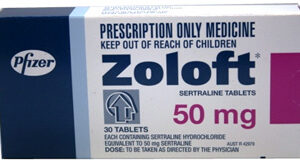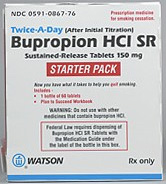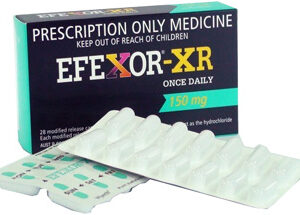Celexa, also known by its generic name citalopram, is a prescription medication commonly used in the treatment of depression. It belongs to a class of drugs known as selective serotonin reuptake inhibitors (SSRIs), which work by increasing the levels of serotonin in the brain. Serotonin is a neurotransmitter that plays a key role in regulating mood, emotions, and mental well-being. Celexa is available in tablet form and is typically taken once a day.
When Not to Take Celexa
There are certain situations in which the use of Celexa may not be recommended. It is important to consult a healthcare professional before starting this medication to ensure it is safe for you. Contraindications for Celexa include:
- Hypersensitivity to citalopram or any of the components in the formulation
- Use of or recent use (within 14 days) of monoamine oxidase inhibitors (MAOIs)
- Severe hepatic impairment
- Use of pimozide
Celexa Reactions
While Celexa is generally well-tolerated, it may cause certain side effects in some individuals. Common side effects of Celexa may include:
- Nausea
- Dry mouth
- Headache
- Dizziness
- Sleep disturbances
- Fatigue
- Increase or decrease in appetite
These side effects are usually mild and temporary, and they often resolve on their own as the body adjusts to the medication. However, if any of these side effects persist or worsen, it is important to notify your healthcare provider.
Celexa Dosing
The dosing of Celexa will vary depending on the individual and their specific condition. It is important to follow the instructions provided by your healthcare provider. In general, the recommended starting dose of Celexa for adults is 20 mg per day. This dose may be adjusted based on individual response and tolerability, but should not exceed 40 mg per day.
If a dose of Celexa is missed, it should be taken as soon as remembered. However, if it is close to the time for the next scheduled dose, the missed dose should be skipped. It is important not to double the dose to make up for a missed one.
In the case of an overdose, it is important to seek immediate medical attention. Signs of Celexa overdose may include seizures, changes in heart rate, drowsiness, and confusion. Overdose can be potentially serious and should be treated by a healthcare professional.
Celexa Compatibility
Celexa has the potential to interact with other medications, substances, and some medical conditions. It is important to inform your healthcare provider about all other medications you are taking, including over-the-counter drugs, herbal supplements, and any existing medical conditions. Some medications and substances that may interact with Celexa include:
| Drug/Class | Potential Interaction |
|---|---|
| Monoamine Oxidase Inhibitors (MAOIs) | Increased risk of serotonin syndrome |
| Nonsteroidal Anti-Inflammatory Drugs (NSAIDs) | Increased risk of bleeding |
| Benzodiazepines | Potential additive effects |
| Anticonvulsants | Potential decrease in plasma concentration |
| Warfarin | Potential increase in bleeding risk |
FAQ
-
Q: Can Celexa be used to treat anxiety disorders?
A: Yes, Celexa is sometimes prescribed to treat anxiety disorders such as generalized anxiety disorder (GAD) and panic disorder.
-
Q: How long does it take for Celexa to start working?
A: The therapeutic effects of Celexa may not be fully evident until several weeks of treatment. It is important to continue taking the medication as directed, even if improvements are not immediately apparent.
-
Q: Can Celexa cause sexual side effects?
A: Yes, like many antidepressant medications, Celexa can cause sexual side effects such as decreased libido, difficulty achieving orgasm, and erectile dysfunction. It is important to discuss any concerns with your healthcare provider.
-
Q: Is Celexa addictive?
A: No, Celexa is not addictive. It does not produce the same dependence or cravings as drugs of abuse. However, it is important to take Celexa as prescribed and not abruptly stop the medication without medical guidance.
-
Q: Can Celexa be used during pregnancy?
A: Celexa should be used during pregnancy only if the potential benefits outweigh the potential risks. It is important to discuss the risks and benefits with your healthcare provider before starting or continuing Celexa during pregnancy.





Reviews
There are no reviews yet.